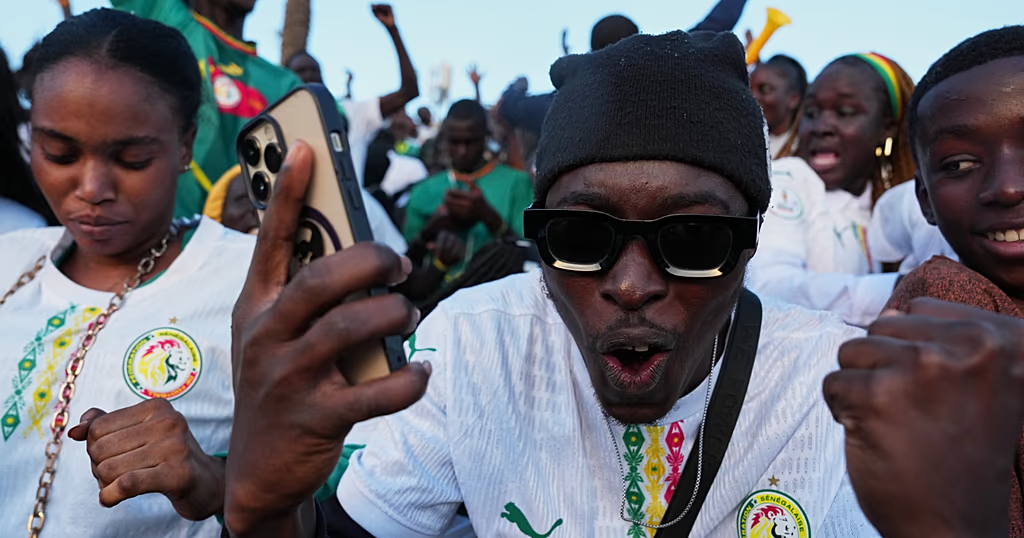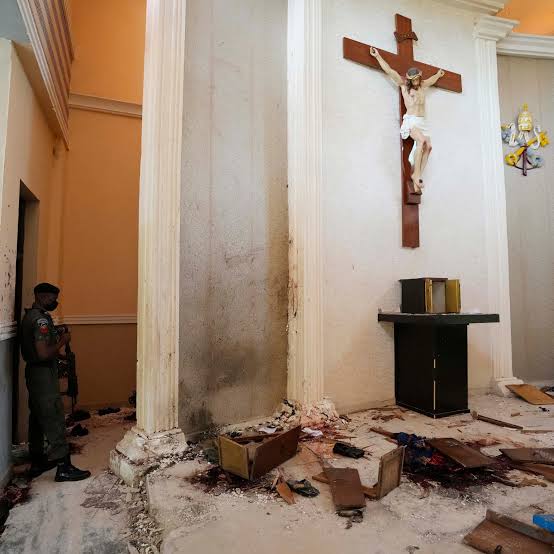Nigeria’s Rich History Under Threat from Insecurity and Distortion
The growing insecurity in Nigeria is not only claiming lives and destroying property, but it is also threatening the country’s rich history and heritage. A disturbing development is the widening ethnic rift between the Hausa and Fulani communities, which once united to form the powerful Sokoto Caliphate under the leadership of Shehu Usman Dan Fodio. Today, this unity is under threat from banditry and deliberate historical distortions.
A common claim is that Dan Fodio’s jihad was a Fulani conquest of the Hausa, a narrative that is not only inaccurate but also rooted in colonial propaganda designed to divide the people. This misconception has led to northern intellectuals falling into the trap, with some feeling forced to defend their ethnic identity, which can be mistaken as a defense of criminality. The labeling of bandits as “Fulani” has also led to dangerous tribal name-calling, with even well-meaning people unwittingly aiding the agenda of division.
The origins of this distortion can be traced back to colonial education, which recast the jihad as ethnic warfare. Historian Jean Boyd and Alhaji Shehu Shagari, a former history teacher, warned that early colonial narratives deliberately stripped Dan Fodio of his role as an Islamic reformer, portraying him instead as a tribal warlord. This distortion explains the early northern suspicion of Western education and the divide-and-rule policies implemented by colonialists.
However, the historical record paints a different picture. Dan Fodio’s followers and lieutenants included Hausas, Tuaregs, and others, with key military commanders like Aliyu Jedo being Hausa. The Sokoto Caliphate, established by Dan Fodio, was a just, well-organized, and intellectually vibrant Islamic state that cooperated with Hausa elites, reinforcing its moral and religious nature.
It is essential to be careful not to allow present-day insecurity to shape how we view the past. The crimes of today’s criminals should not be used to rewrite the legacies of those who fought for justice, knowledge, and religious renewal centuries ago. The Sokoto Caliphate should be a source of national pride, just like the Hausa civilizations and other empires in the region. Dan Fodio’s legacy did not stop at Nigeria’s borders, inspiring Islamic reform, political movements, and intellectual traditions across West Africa and beyond.
Despite claims that Dan Fodio introduced Islam to Nigeria, the religion had already been present in parts of the country as early as the 11th century. Dan Fodio’s mission was to purify the faith, correct societal injustices, and establish an Islamic state grounded in justice and learning. He was a reformer, not a founder, and his legacy should not be confused with the actions of Fulani bandits today.
The Fulani bandits of today are attacking not just Hausa communities but also other Fulani and rural dwellers, who suffer in silence. Their actions are a betrayal of everything the Sokoto Caliphate stood for. Rather than turning on each other, it is crucial to understand that the real enemy is the decades of neglect and the failure of leadership. The sooner the root causes of the current crisis are addressed, the better.
As George Orwell once wrote, “The most effective way to destroy people is to deny and obliterate their own understanding of their history.” It is essential to remember the legacy of Shehu Usman Dan Fodio as one of justice, reform, and unity, not division. By doing so, we can work towards a more accurate understanding of our history and a more united future.



